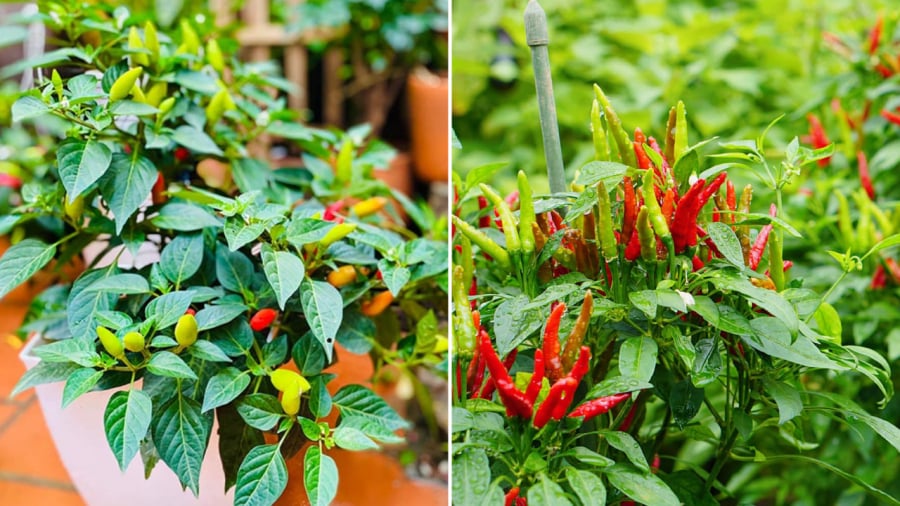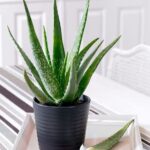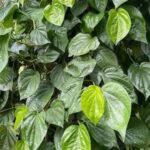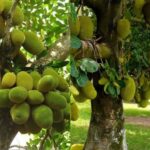Chili peppers are an indispensable spice in many Vietnamese dishes. They can be used as a marinade, dipping sauce, cooked with other ingredients to enhance flavors, or pickled with garlic, bamboo shoots, and vinegar as a side dish. In addition to the fruit, the leaves are also edible and can be cooked like any other vegetable. Chili leaves have a sweet, slightly bitter taste and a strong aroma, but they are not as spicy as the fruit. These leaves can be used to cook soup with shrimp or meat, which is believed to be nutritious and beneficial for people with diabetes.
There are many varieties of chili peppers, such as Thai chili, horn chili, and bird’s eye chili. Depending on the variety, the size and spiciness of the fruit vary. Today, chili peppers are not only cultivated for their fruit but also as ornamental plants, adding a touch of vibrancy to homes. The plant bears green leaves year-round and can produce fruit all year long. Ripe chili peppers boast vibrant colors, ranging from orange, yellow to red.
Most ornamental chili peppers originate from the tropical regions of the Americas and belong to the Solanaceae family. Typically, chili plants can grow to a height of 30-60cm, branching out into multiple stems. The flowers are white and grow singly in the leaf axils. The shape of the fruit also varies depending on the variety, but most chili peppers have an elongated shape.
Feng Shui Significance of Chili Peppers
Despite their spicy taste, chili peppers are not associated with bitterness or adversity in Feng Shui. The plump, colorful fruits symbolize luck, prosperity, and abundant energy.
In folklore, chili peppers are also believed to possess the power to ward off evil spirits, bringing peace, happiness, and abundance to the household.

Chili peppers are considered auspicious in Feng Shui.
Ideal Placement of Chili Pepper Plants
Chili pepper plants hold positive Feng Shui significance and are relatively easy to care for. They are believed to purify the air and bring a fresh, vibrant energy to the home. These plants thrive in sunny environments, so the best place to grow them is outdoors, in a garden, on a balcony, or a rooftop.
For indoor cultivation, choose dwarf varieties that can be grown in small pots. Place the pot near a window to ensure adequate sunlight exposure, or take the plant outside for a daily sunbath. This will promote healthy growth and abundant fruiting while maintaining the vibrancy of the plant.
This information is for reference only and is subject to individual interpretation.
The Ultimate Guide to Air-Purifying Houseplants: 3 Moisture-Loving Trees to Banish Mold and Attract Wealth This Season
As the cold winter months draw in, it’s the perfect time to turn your attention to indoor plants. Not only do they add a touch of nature to your home, but the right plants can also help combat mold and dampness, keeping your space fresh and healthy. And if that’s not enough, these green beauties are believed to bring wealth and prosperity to your household. So, get ready to roll up your sleeves and add a touch of green thumb magic to your home with these three must-have plants this winter.






































